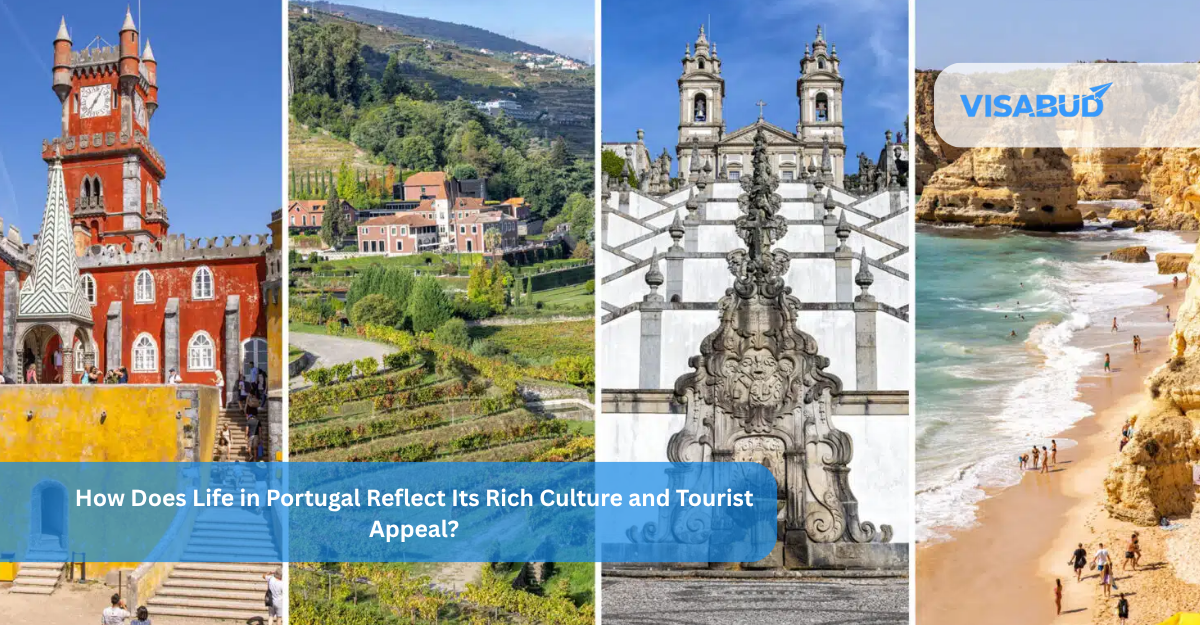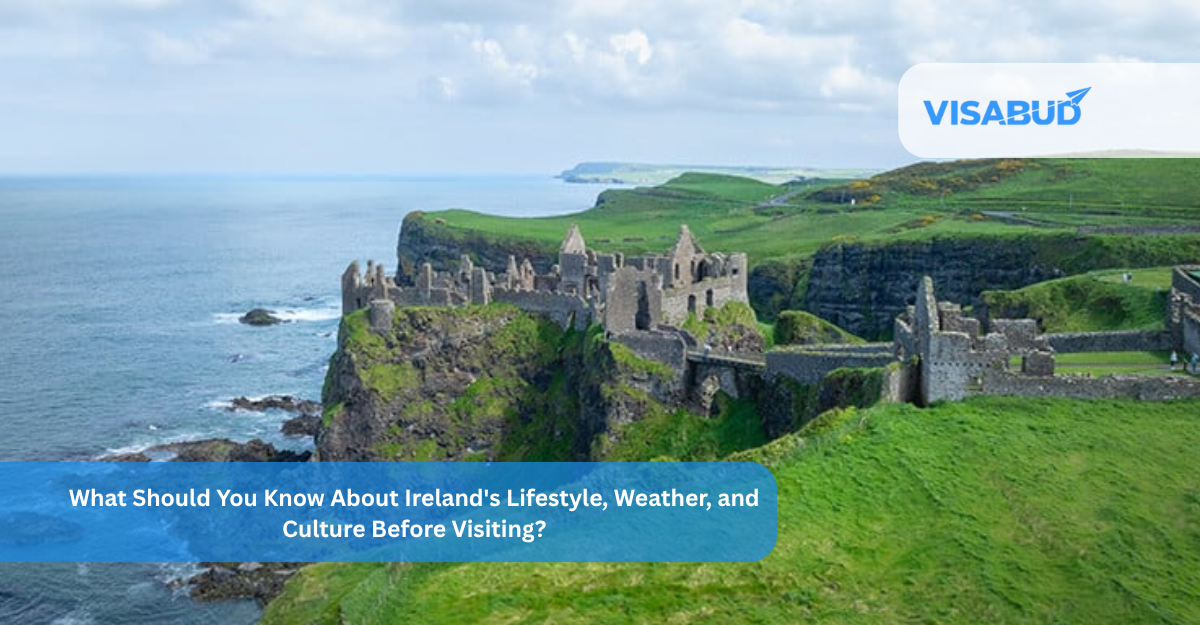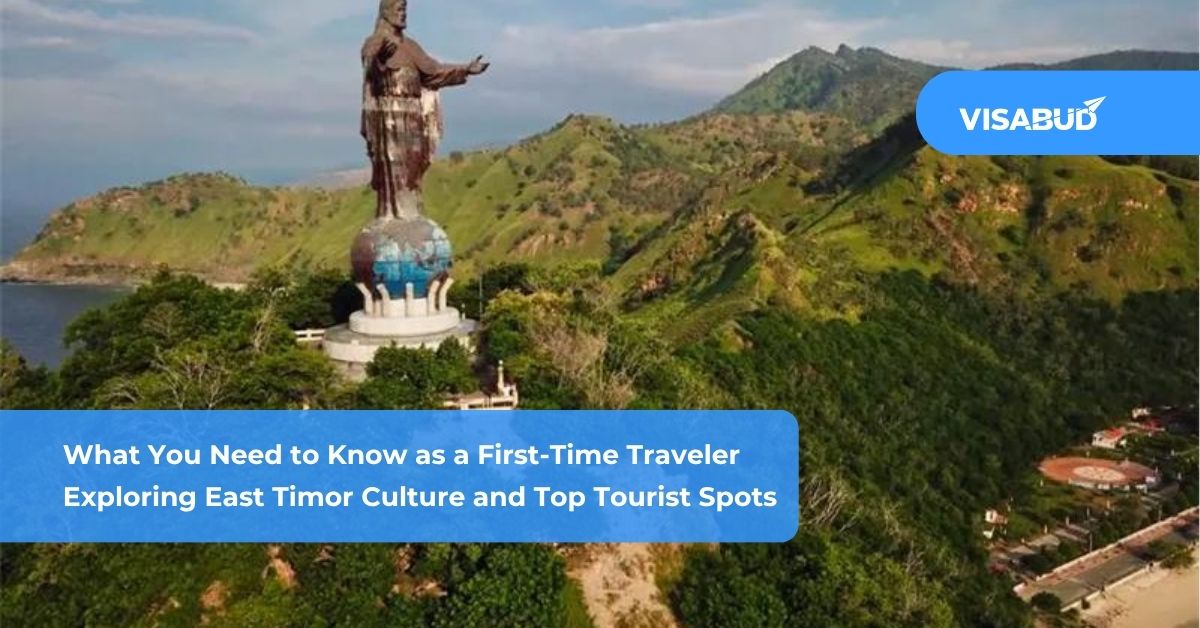Vanuatu Travel Guide: All you need to know to visit Vanuatu in 2025
Welcome to Vanuatu
Vanuatu country information
Vanuatu is a small island nation located in the South Pacific Ocean, northeast of Australia and east of Papua New Guinea.
Geography
Vanuatu is a small island nation situated in the South Pacific Ocean. Vanuatu comprises an archipelago comprising about 80 islands and covers a land area of roughly 12,190 square kilometers. The islands are located between Fiji and Australia and are part of the Melanesian group of islands. The topography of Vanuatu is characterized by rugged terrain, with the islands featuring active volcanoes, tropical rainforests, and pristine beaches. The islands’ surrounding waters feature coral reefs and are rich with marine life, making Vanuatu a popular destination for diving and snorkeling. The climate of Vanuatu is tropical, with warm and humid conditions year-round, and the country is susceptible to natural disasters such as cyclones and earthquakes. The population of Vanuatu is estimated to be around 300,000 people, with the majority living in rural areas and practicing subsistence farming. The official languages of Vanuatu are Bislama, English, and French, reflecting the country’s colonial history.
Climate
Vanuatu has a tropical climate characterized by warm and humid seasons. The average temperature in Vanuatu ranges from 22°C to 28°C, with only slight variations between seasons. The country experiences a wet season from November to April, characterized by heavy rainfall, high humidity, and occasional cyclones. During this period, the islands are prone to flooding, landslides, and other weather-related hazards. The dry season is less humid and marked by cooler temperatures, but it also experiences occasional bouts of drought. The sea temperature remains relatively constant throughout the year, with an average of around 26°C. The El Niño and La Niña weather patterns heavily influence Vanuatu’s climate, which can cause extreme weather conditions such as floods, droughts, and cyclones. Visitors to Vanuatu should know the country’s climatic conditions and prepare accordingly.
Population
According to the latest Approximations from the United Nations, Vanuatu has a population of approximately 307,000 people. Most of the populace resides in the countryside, with a significant proportion engaging in subsistence agriculture and fishing. Port Vila, the capital and largest city, is home to around 45,000 people. The nation has a Demographically youthful population, with over 60% under the age of 30, and a high population growth rate, which presents opportunities and challenges for the country’s development.
Culture
Vanuatu’s culture is deeply rooted in traditional Melanesian customs and beliefs. Customary practices, such as kastom dancing, kava drinking, and traditional dress, are still widely observed, particularly in rural areas. The country is also famous for its unique and elaborate conventional ceremonies, such as the Toka ceremony on Pentecost Island; the familiar ritual of the region is the act of men leaping from tall wooden towers with vines attached to their ankles. Christianity has significantly influenced Vanuatu’s culture, incorporating many traditional practices and beliefs into Christian ceremonies and celebrations. Art and handicrafts, such as carvings, woven baskets, and intricate masks, are essential to Vanuatu’s cultural heritage.
Language
Vanuatu is a linguistically diverse country, with over 100 indigenous languages spoken throughout the islands. Bislama, an English-based Creole language, is widely spoken as a lingua franca, particularly in urban areas. Although English and French are official languages, they are primarily used in government and education. Many people in rural areas also speak their local indigenous language as their first language. Some communities maintain traditional languages and cultural practices despite pressure from globalization and the dominance of Bislama.
Religion
Vanuatu is a predominantly Christian country, with approximately 83% of the population identifying as Christian. The largest denominations include Presbyterianism, Anglicanism, Roman Catholicism, and the Seventh-day Adventist Church. Traditional animistic beliefs and practices are common, particularly in rural areas, and often exist alongside Christianity. The island of Tanna is notable for its adherence to the John Frum cargo cult, which combines traditional beliefs with elements of Christianity and a conviction in the arrival of an American messiah who will bring wealth and prosperity to the island.
Economy
Vanuatu’s economy is primarily based on agriculture, fishing, and tourism. The country is a significant producer of copra, cocoa, kava, and coffee. Fishing also plays a vital role in the economy, with tuna being the main catch. The tourism industry has grown substantially recently, attracting visitors to the country’s natural beauty, beaches, and cultural heritage.
Tourism
Vanuatu is a popular tourist destination known for its stunning natural beauty, unique culture, and laid-back way of life. Visitors can explore the country’s many islands, including the popular destinations of Efate, Tanna, and Espiritu Santo, which offer a range of activities such as hiking, diving, and cultural tours. VanThe country is also known for its colorful markets, where visitors can sample local produce and handicrafts. Vanuatu’s traditional ceremonies, such as the Toka festival on Pentecost Island, are a significant draw for visitors looking to experience the country’s rich cultural heritage.
Government and Politics
Vanuatu is a parliamentary republic with a President as the head of the nation and a Prime Minister as the head of government. An electoral college elects the President for five years, while the Prime Minister is elected by parliament. The parliament is unicameral, consisting of 52 members.
Recent History
Vanuatu gained independence from France and the UK in 1980, making it one of the youngest nations in the world. Since then, it has been a parliamentary republic with a stable democratic government. However, political stability has been challenged by corruption and political infighting. In 2015, Cyclone Pam devastated the country, causing widespread destruction and loss of life. The international community provided significant aid and support to assist with recovery efforts.
Related Articles

5 min read
How Does Life in Portugal Reflect Its Rich Culture and Tourist Appeal?
If you're considering a trip to Portugal or even thinking about living there you're not alone. There's something about this beautiful country that captures people’s attention. Maybe it’s the sunny
Read More
5 min read
What Should You Know About Ireland’s Lifestyle, Weather, and Culture Before Visiting?
🇮🇪 Planning a Trip to Ireland? Here's What You Need to Know Ireland is more than just green hills, friendly smiles, and pints of Guinness. It’s a country full of
Read More
5 min read
What You Need to Know as a First-Time Traveler Exploring East Timor Culture and Top Tourist Spots
What makes East Timor an exciting destination for first-time travelers? If you're planning your first trip to East Timor (Timor-Leste), you're in for a one-of-a-kind adventure. Unlike heavily commercialized tourist
Read MoreThe official currency of Vanuatu is the Vanuatu Vatu (VUV).
It depends on your nationality. Citizens of some countries, including India, must obtain a visa before traveling to Vanuatu.
The best time to visit Vanuatu is during the dry period, which runs from May to October.
Vanuatu has many tourist attractions, including stunning beaches, coral reefs, waterfalls, and volcanoes. Popular activities include snorkeling, diving, hiking, and cultural tours. Some famous tourist destinations in Vanuatu include Port Vila, Espiritu Santo, Tanna Island, and the Yasur Volcano.
The official languages of Vanuatu are English, French, and Bislama, a Creole language based on English. Many native languages are also spoken throughout the islands.
